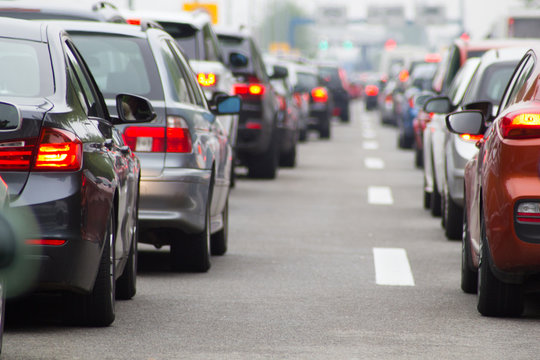Bandung Ranked #12 in Global Traffic Index, Beating Jakarta
According to the 2024 TomTom Traffic Index, Bandung is now the most congested city in Indonesia, surpassing Jakarta for the first time. The city ranks 12th worldwide, while Jakarta has dropped to 90th. On average, drivers in Bandung spend 33 minutes traveling just 10 kilometers. Over the course of a year, that adds up to 108 hours lost in traffic.
Why Bandung Is Now the Capital of Traffic
Several factors contribute to Bandung’s worsening congestion:
- Overcrowding of private vehicles: The number of registered vehicles is nearly equal to the city’s population (about 2.5 million each).
- Weekend tourism from Jakarta: Every weekend and holiday season, thousands of vehicles flood into Bandung from nearby cities.
- Limited and inefficient public transport: The city’s angkot (minibuses) and buses are still under-equipped and lack integration.
- Outdated infrastructure: Roads were not built to handle today’s vehicle volume, and expansion has been limited.
Bandung’s Cost of Traffic: Time, Money, and Wellbeing
Traffic in Bandung isn’t just an inconvenience, it’s a serious drain on time and resources:
- Economic losses: According to ITB (Bandung Institute of Technology), congestion causes losses of up to IDR 4 trillion annually (around USD 250 million).
- Health issues: Air pollution and chronic stress from long commutes are taking a toll on public health.
- Lost personal time: An average of 108 hours per year (roughly 4.5 days) spent sitting in traffic by each commuter.
Government’s Response
Local and regional authorities are attempting to tackle the crisis:
- The government will pilot the Bandung BRT (Bus Rapid Transit) in 2025 as part of a World Bank-supported project.
- Rejuvenation of public transport, including upgrading angkot fleets and increasing regional train services.
- Infrastructure upgrades: New flyovers, underpasses, and traffic signal optimizations are being rolled out.
“Jakarta, which used to be ranked number 1 in Indonesia, is now ranked 5th. This means that what we’ve planned with TransJabodetabek and other improvements is showing results,” said the Governor of DKI Jakarta, Pramono Anung, in South Jakarta, Thursday, July 3, 2025.
Many residents remain skeptical about whether change will come soon enough:
As mentioned in CNNIndonesia.com, “Bandung used to be congested only on weekends. But now, whether it’s the weekend or a weekday, it’s all the same,” said Kiki (40), a Bandung resident, on Thursday (July 3).
Citizens also point to traffic lights with excessively long cycles, lack of enforcement in illegal parking, and chaotic driving behavior that worsens the problem.
Can Bandung Reverse the Trend?
- Urban design constraints: Limited road space and an irregular city layout pose real challenges.
- Behavioral change needed: A shift from personal vehicles to carpooling, public transit, or cycling is essential.
- Transport system integration: A unified approach connecting buses, trains, and ride-sharing services could make mobility more efficient.
- Community involvement: Real progress will need support not just from officials—but from residents adjusting their travel habits.
For expats living in or traveling to Bandung: Expect longer commutes, especially during weekends and holidays. Consider using navigation apps to avoid peak times, and if possible, explore alternative transport options like trains or carpooling.
Sources: cnnindonesia.com, ntvnews.id.
Featured Image by disq (Adobe Stock)


